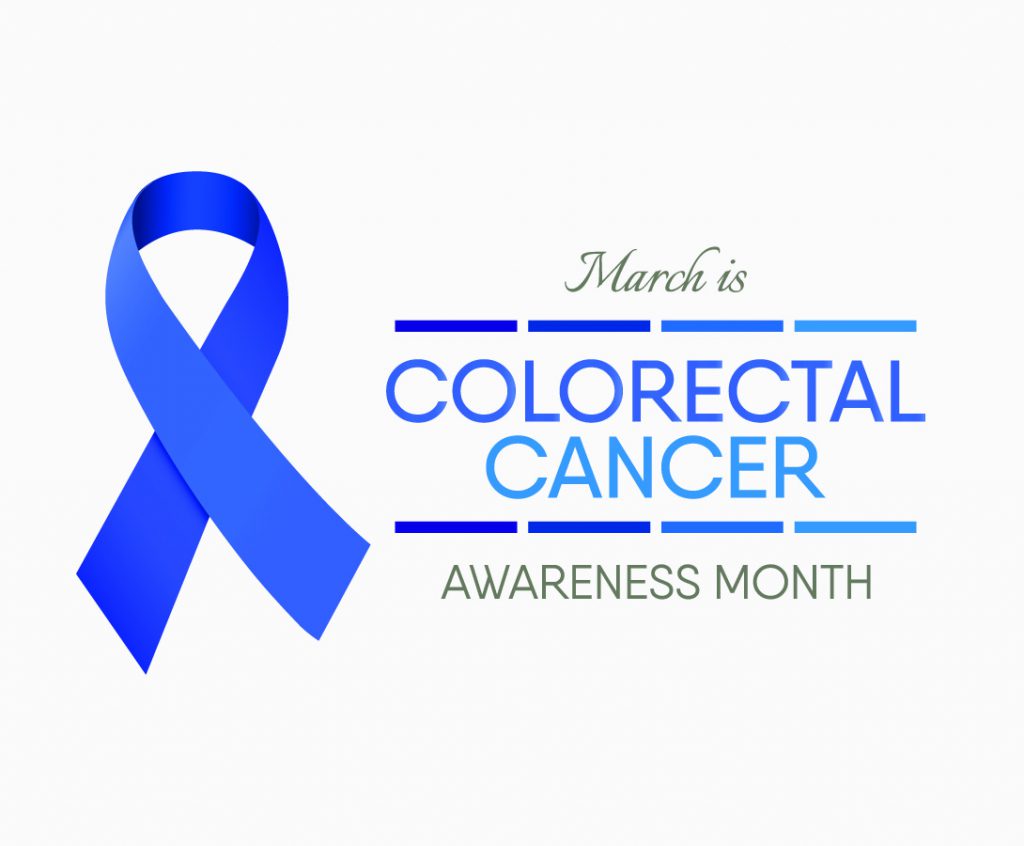Colorectal Cancer in the Caribbean: What You Should Know to Protect Yourself
by Karen Rollins Mar 4, 2024

March is colorectal cancer (CRC) awareness month.
CRC is the third most common cancer among men and the second most common cancer among women around the world, according to the World Health Organization. In the Caribbean and Latin America (LAC), colorectal cancer kills almost 65,000 people every year.
The number of people in the Americas diagnosed yearly with CRC is expected to rise. According to the Pan American Health Organization, “CRC incidence in the Americas will increase by 60% to 396,000 new cases by 2030, and this increase will be more dramatic in LAC, where it will be almost double the increase in the USA and Canada”.
Knowledge is power and it is therefore important to know the signs and symptoms of colorectal cancer and what you can do to prevent it.
What is colorectal cancer?
The American Cancer Society says: “Colorectal cancer starts in the colon or the rectum…Colon cancer and rectal cancer are often grouped together because they have many features in common.”
How does colorectal cancer develop?
Most colorectal cancers start as a growth (known as polyps) on the inner lining of the colon or rectum, according to the American Cancer Society. It adds that polyps are quite common, and most are benign or noncancerous, however some types of polyps can change into cancer over many years. The chance of a polyp turning into cancer depends on the type of polyp it is.
What are the signs and symptoms of colorectal cancer?
The Mayo Clinic says “many people with colon cancer don’t have symptoms at first. When symptoms appear, they’ll likely depend on the cancer’s size and where it is in the large intestine.”
Symptoms of colon cancer can include:
- A change in bowel habits, such as more frequent diarrhoea or constipation.
- Rectal bleeding or blood in the stool.
- Ongoing discomfort in the belly area, such as cramps, gas, or pain.
- A feeling that the bowel doesn’t empty all the way during a bowel movement.
- Weakness or tiredness.
- Losing weight without trying.
What are the risk factors for colorectal cancer?
The Pan American Health Organization (PAHO) states: “Age, family history, race or ethnic background are among the main non-modifiable risk factors for CRC; while diet, physical activity, weight, smoking and alcohol consumption are modifiable factors that can reduce risks for colorectal cancer.”
What are the screening methods for CRC?
A colonoscopy is one of several screening tests for colorectal cancer. The US Centers for Disease Control and Prevention suggests consulting with your GP to find the test that is best for you.
Stool tests; Flexible Sigmoidoscopy; Colonoscopy; and CT Colonography (Virtual Colonoscopy) are the various screening methods that can be used to check the colon and rectum for precancerous polyps.
Is colorectal cancer screening effective?
PAHO states that “screening for colorectal cancer is an effective strategy to reduce mortality, by an estimated 20%…However, most countries in LAC have not yet established CRC screening programs and, where screening exists, the coverage is quite low.”
—
For more information on colorectal cancer, you should talk to your GP or a specialist.








